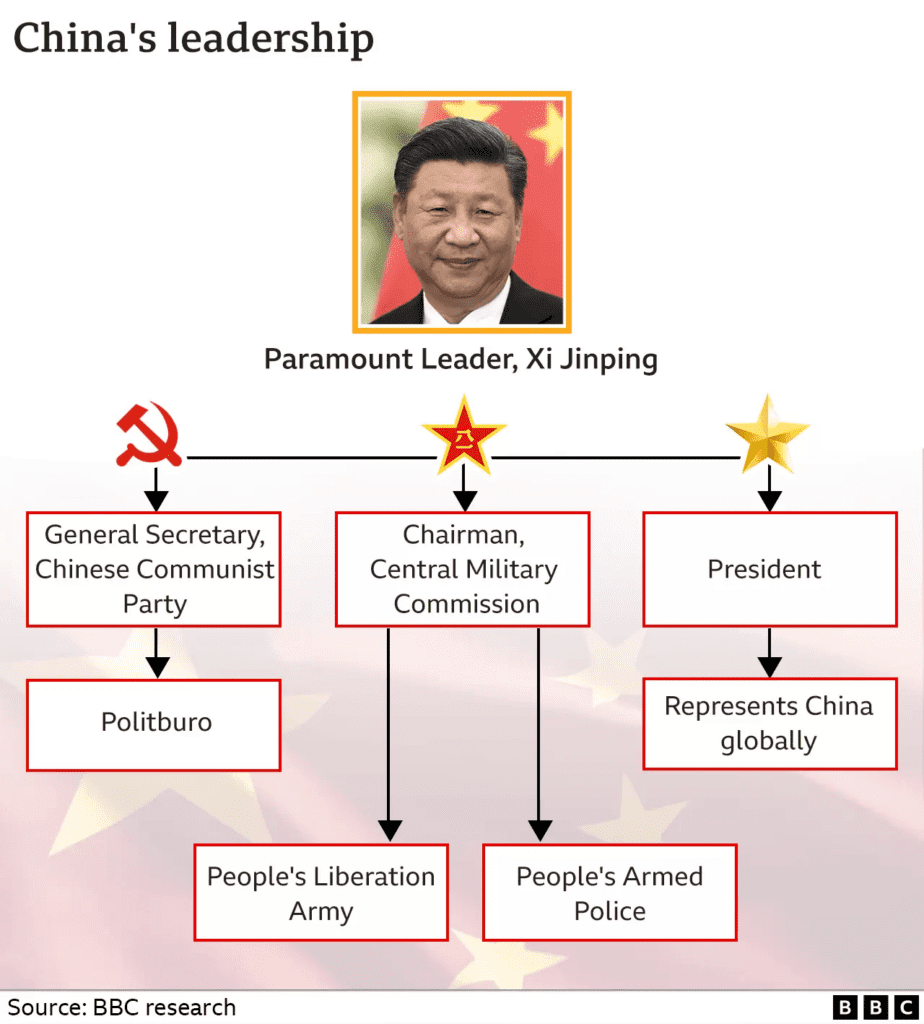As lawmakers gather in Beijing to adopt comprehensive changes, Xi Jinping is expected to further consolidate his hold over China’s government and economy.
Mr. Xi’s third term as president and the selection of his top team will be confirmed by the National People’s Congress (NPC), a rubber-stamp legislature.
In addition, they will choose a new premier to succeed Li Keqiang as Mr. Xi’s successor.
The meetings, referred to as The Two Sessions, take place once a year.
Yet, this year’s meetings are especially noteworthy since delegates are anticipated to reform a number of important Communist Party and government organizations.
They will also tighten control over bodies overseeing the finance sector and scientific and technology work, while “strengthening party-building work” in private businesses, according to state media.
The moves will likely further blur the lines between the Chinese Communist Party and the government, and consolidate the party’s control of the private sector.
This comes amid an ongoing corruption crackdown which has seen a string of high-profile businessmen disappear in recent years. The latest person to go missing was one of China’s top dealmakers in the tech sector.
This week’s NPC meeting will also formalise Mr Xi’s leadership of the country, as he will be elected president of China and head of the armed forces.
He secured his position in the echelons of Chinese power in October last year, when the Communist Party re-elected him as their leader for a third term.
It was a break from decades-long tradition, as no other party leader besides Communist China’s first leader, Mao Zedong, will have served for this long. In the 2018 NPC meeting, lawmakers had approved the removal of term limits on the presidency, effectively allowing Mr Xi to remain leader for life.
Mr Xi’s appointment comes as he faces domestic pressure to turn around an economy battered by his zero-Covid strategy and crackdowns in various business sectors.
At the start of the meeting, it was announced that China will pursue a reduced economic growth target of about 5% this year, while defence spending is to rise by more than 7%.
Abroad, Mr Xi is navigating worsening ties with the US over the Ukraine war and the recent spy balloon saga, even as he warms his embrace of Russian leader Vladimir Putin.
The NPC will also unveil the new Premier, China’s equivalent of a prime minister who traditionally oversees the economy and administrative aspects of governance.
Li Qiang, one of Mr Xi’s most trusted colleagues, is expected to assume the role. As the Shanghai party secretary, he oversaw a prolonged and painful Covid lockdown that angered locals and made international headlines.
Outgoing premier Li Keqiang, who was ousted in the leadership reshuffle at October’s party congress, will deliver his last work report speech.
The political appointments for the rest of the Politburo Standing Committee, the equivalent of Mr Xi’s cabinet, will also be announced.
Many will be watching to see who fills several key positions, such as the commerce minister, head of the national development and reform commission, propaganda chief, and head of state security.
Observers say the team was picked more for their loyalty to Mr Xi and the party, rather than for their expertise.


